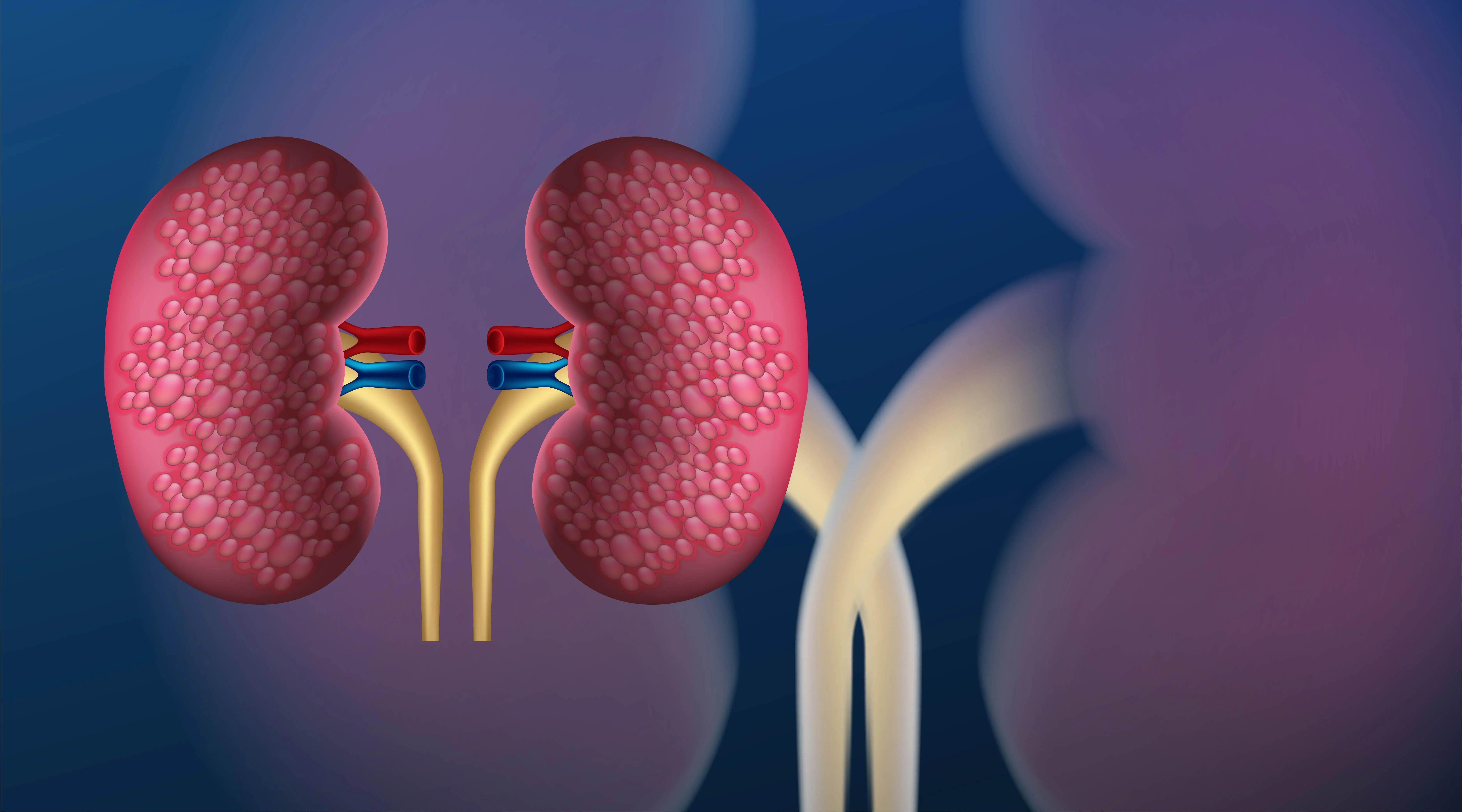Chronic Kidney Disease (CKD) is a condition where kidney function deteriorates progressively, and in very advanced cases, the kidneys may stop working completely. In such cases, a kidney transplant can be a life saving option. One of the main things to remember about CKD is that there is no cure. Another factor is the almost complete absence of seemingly alarming symptoms until much later. Other treatment modalities are first attempted before a transplant is suggested. Let us learn more about the different stages of CKD first, before going top the treatment modes.
The Stages of CKD Determine The Need For A Kidney Transplant
There are 5 stages of CKD, depending on severity of symptoms observed. A glomerular filtration rate (GFR) test will give certain values for a compound called creatinine which is a by-product after filtration, found in the blood. Higher levels of creatinine can hence be problematic.
- Stage 1- GFR value of over 90- Very mild kidney damage
- Stage 2- GFR value of 60-89 - Mild kidney damage
- Stage 3- GFR value of 30-59 - mild to moderate stage of kidney disease. You are mostly symptomatic at this stage.
- Stage 4- GFR value of 15-29 - very poor kidney function is noted.
- Stage 5- GFR value is below 15 - kidneys are not working at all and you will either require prolonged dialysis or a kidney transplant at this point.
Symptoms To Watch Out For
Be on the lookout for these symptoms:
- Fatigue
- Needing to pee very often
- Fluid retention in the limbs
- Foamy or bubbly urine (excessive protein in the urine-proteinuria)
- Very dry or itchy skin
- Muscle cramps
- Vomiting
- Nausea
- Very high blood pressure
- Skin colour changes
- Diabetes or changes in blood glucose levels
Symptoms don’t show up until much later as our body tries hard to compensate for loss of function. There is a higher chance of getting affected by CKD due to familial genetic factors too. There are multiple complications that arise due to CKD.
The Need For A Kidney Transplant
As mentioned above, if you are at Stage 5 of Chronic Kidney Disease, and do not tolerate dialysis anymore, then kidney transplantation may be the only remaining solution to try. This is when a healthy kidney is taken from a matched donor - who may either be living or dead. People can live full lives with a single kidney too, which is why transplantation is possible as a solution. The major downside to this is the part where affected individuals may have to wait for months or even years before a viable organ becomes available.
Conclusion
Chronic kidney disease is mostly preventable if you make some long lasting tweaks to your daily lifestyle- eating well, hydrating well, getting some exercise in, managing blood glucose levels, and not smoking or drinking alcohol. Many people live with chronic kidney disease for years, and this is possible with early detection. This also means that you will need to know the symptoms to watch out for. Getting help is very important, now more than ever.So, stay strong and kick some CKD ass!




